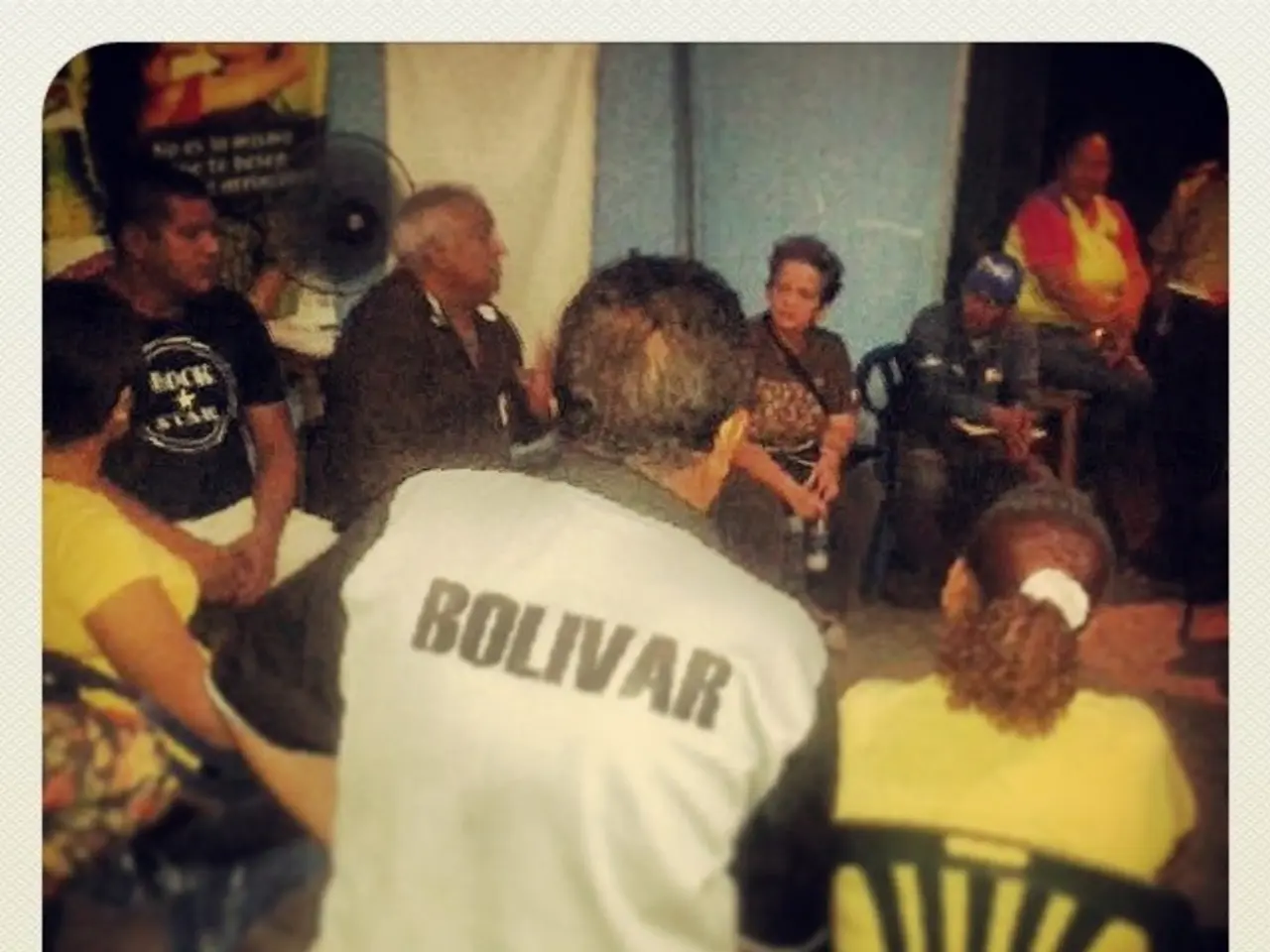Recognizing Troubled Workers: Key Verbal Indicators to Identify Stressed Team Members
In today's fast-paced, remote, and hybrid work environments, identifying and addressing emotional fatigue among employees has become crucial for maintaining a productive and healthy workforce. Here are some strategies that managers can employ to foster a supportive and empathetic workplace culture.
**Identifying Emotional Fatigue**
1. Regular Check-ins: Regular one-on-one meetings with employees are an essential tool for managers to discuss their well-being, productivity, and any challenges they are facing. By doing so, early signs of emotional fatigue such as decreased motivation, increased stress, or changes in behaviour can be identified.
2. Open Communication Channels: Encouraging a culture of openness where employees feel safe discussing their emotional state is vital. This helps in early detection of emotional fatigue and fosters a supportive work environment.
3. Manager Training: Training managers to recognise the signs of burnout and emotional fatigue is essential. By equipping them with the necessary skills, managers can better support their teams and create a more resilient workforce.
**Supporting Employees**
1. Flexible Work Arrangements: Offering flexible scheduling and remote work options can help employees manage their work-life balance more effectively. This not only boosts productivity but also reduces stress levels.
2. Wellness Programs: Implementing virtual wellness programs that include mindfulness activities, mental health resources, and employee assistance programs (EAPs) can provide valuable support to remote workers.
3. Time Off and Breaks: Encouraging employees to take regular breaks and use their vacation time is important for their mental health. Considering mandatory time off can ensure that employees are taking breaks and recharging.
4. Recognition and Support: Publicly recognising employees' contributions and offering support through thank-you notes, bonuses, or mentorship programs can boost morale and motivation.
5. Home Office Support: Providing stipends for home office setups can improve the work environment and reduce stress related to inadequate workspace.
**Additional Strategies for Remote Teams**
1. Clear Boundaries: Encouraging remote workers to set clear working hours and maintain a healthy separation between work and personal life is essential.
2. Regular Team Interactions: Organising virtual team-building activities can foster a sense of connection and community among remote workers.
3. Lead by Example: Leaders should model healthy work habits and boundaries to avoid pressuring employees into overwork.
In conclusion, managers play a pivotal role in supporting employees experiencing emotional fatigue. By asking better questions, listening without needing to fix, and responding with humanity, managers can create a culture that values mental health and fosters a supportive work environment. It's important to remember that high performance does not always equate to thriving, and mental health support begins with managers who are attuned to emotional nuances and courageous in their conversations.
- To identify emotional fatigue among employees, managers can implement regular one-on-one meetings, foster an open communication culture, and provide training that equips them with the skills to recognize burnout and emotional fatigue.
- Supporting employees can be achieved by offering flexible work arrangements, implementing wellness programs, encouraging time off and breaks, providing recognition and support, and offering home office support to improve the remote work environment.
- For remote teams, managers should encourage clear boundaries, organize regular team interactions, lead by example in maintaining a healthy work-life balance, and recognize the role of mental health in fostering a supportive and productive work culture.




